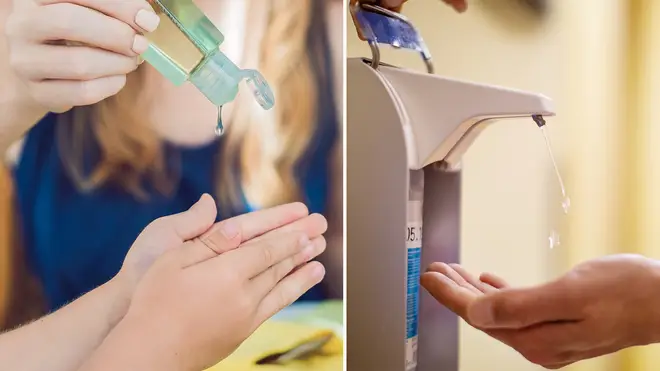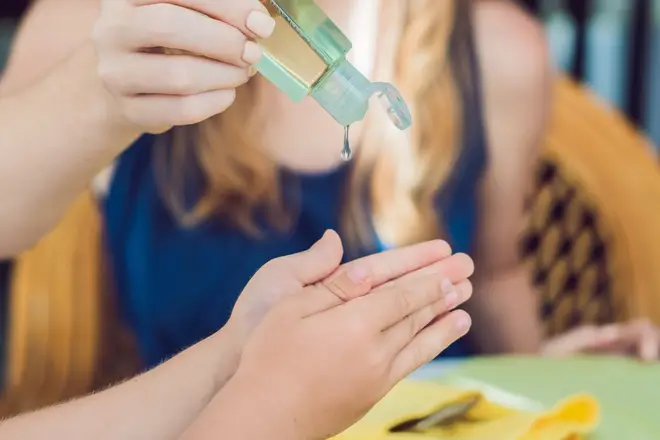Can antibacterial hand gel kill viruses?
14 March 2020, 17:07

As hand sanitiser and antibacterial gels fly off store shelves, are they enough to stop the Coronavirus?
With panic-shopping for loo roll and hand sanitiser fully underway across the country, many are wondering if an anti-bacterial product is effective against a virus.
The NHS has advised everyone washes their hands more often than usual, for 20 seconds using soap and hot water.
This is particularly important after coughing, sneezing and blowing your nose, or after being in public areas where other people are doing so.
Read more: How to look after dry hands after washing them too much because of the coronavirus

The NHS does recommend using hand sanitiser gel if soap and water are not available. But will the antibacterial gel kill viruses is a common question.
Made with alcohol, the NHS, Public Health England and other health organisations worldwide have assured people that hand sanitisers with 60% alcohol content and above are effective against viruses, such as the new coronavirus, but emphasise soap and water is the best option.
Read more: Teacher shares tip to making sure kids are washing their hands properly throughout the day
Hand sanitisers and antibacterial gels with lower alcohol content are less effective and, may only slow germ growth, rather than killing it outright.
Many wonder if an antibacterial wouldn't be as effective against the coronavirus because it is a virus. The higher percentage of alcohol can make them effective, according to major health organisations, because the wall of the virus can be broken down by the alcohol, as long as it is at least 60% of the gel.
Read more: Six patients who have survived coronavirus






























